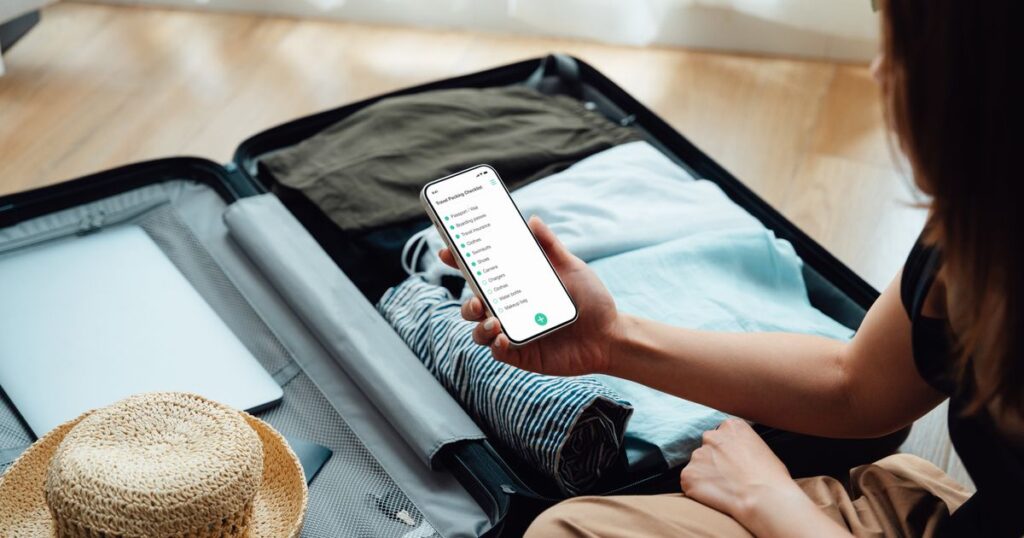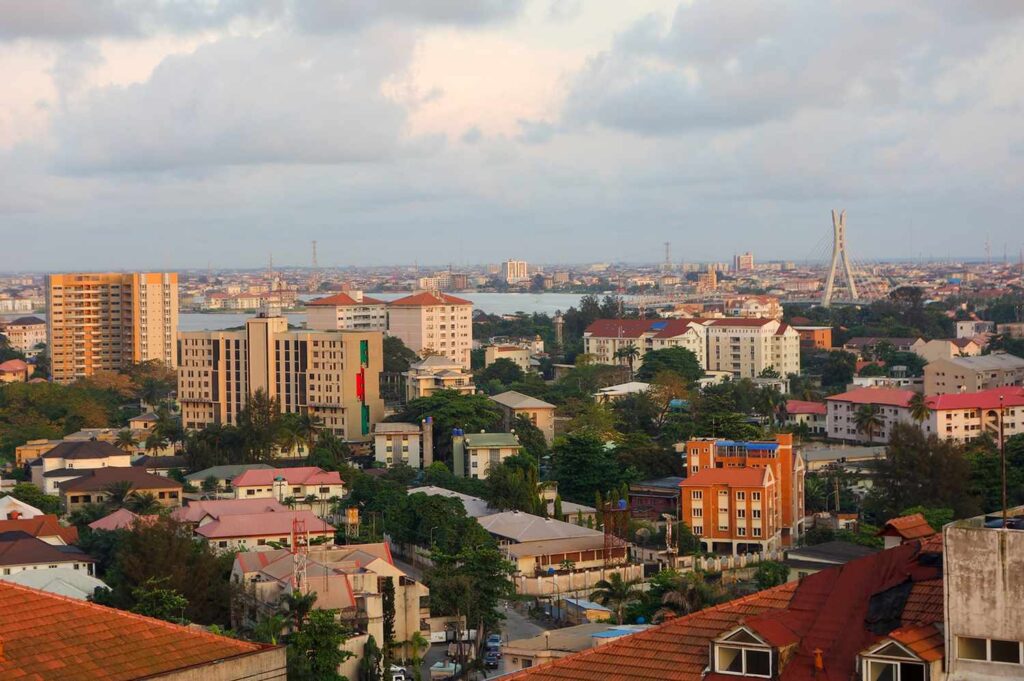While traveling is supposed to be filled with fun and adventure, it can often come with over-planning, worrying and strict habits that are actually high-functioning anxiety in disguise.
Sure, being a stickler about time and a set schedule while on vacation is sometimes needed to experience all the sights ― but when it takes over your entire travel experience, it may be high-functioning anxiety.
This type of anxiety differs from generalized anxiety disorder because it can often go unnoticed by others, as those who experience it tend to mask their symptoms in public.
“They are often successful and hold leadership positions in professions such as doctors, lawyers, engineers, politicians or business executives,” said Dr. Michael Louwers, an associate medical director at the Reset Medical and Wellness Center.
While high-functioning anxiety is not an official diagnosis, it’s used as a term to describe individuals who experience anxiety symptoms while still managing to navigate their daily lives.
“These individuals are often high-achievers and perform well in work or public settings, but internally or at home, they struggle with persistent anxiety. It’s a pervasive feeling that something isn’t quite right, making it difficult to fully settle or rest comfortably,” explained Scott Lyons, a licensed holistic psychologist.
Traveling may trigger anxiety because many aspects of the journey are beyond our control. Scheduling delays, plan changes and unexpected challenges can create a great deal of internal unrest or unease for those with high-functioning anxiety.
“The unpredictable nature of travel can exacerbate anxiety symptoms, making it difficult for individuals to relax and enjoy their trip,” Lyons said.
But as we all probably know, traveling is an enriching and health-promoting behavior that comes with a whole host of benefits. It’s critical you allow yourself the opportunity to take trips when you can ― anxiety or not.
So how can you tell if this is a problem for you, especially when you’re on vacation? Since this type of anxiety can present in many ways, our experts provided four travel habits that are actually secretly high-functioning anxiety in disguise:
Extensive Planning
People with high-functioning anxiety may spend an inordinate amount of time planning their trips, researching destinations, accommodations and activities in great deal.
“This extensive planning helps them feel more in control and prepared for any potential challenges that may arise,” Lyons said.
This isn’t generally a bad thing; when traveling, there’s a lot of preparation that goes into getting ready for the trip. “However, unforeseen stressors ― such as delays, crowded venues or unpredictable weather ― can easily add to the challenges,” Louwers said. “The difficulty can be compounded when traveling with family. It may require planning meals and outings or working around an unpredictable infant’s schedule. For someone with high-functioning anxiety, these elements of travel can become particularly overwhelming.”
Arriving (Too) Early
“Someone with high-functioning anxiety may arrive at the airport excessively early to ensure they have ample time to navigate any challenges, delays or long lines, minimizing the risk of missing their flight,” Lyons said.
Individuals with high-functioning anxiety have a desire for perfection, which can make even simple trips feel daunting. Overthinking usually comes into play when planning as well.
This can “create a desire to make every trip flawless and account for every possible scenario,” Louwers said. “This often manifests as excessive preparation — such as overpacking or arriving hours early at the airport. Unfortunately, unexpected disruptions like bad weather, long lines, or crowded attractions can throw a carefully planned schedule into disarray and cause significant anxiety.”
Avoiding Certain Types Of Transportation
While those with high-functioning anxiety understand that they cannot control all aspects of transportation, they may prefer modes that feel more reliable, Lyons said. For example, taking an expensive ride share to get to a reservation on time instead of opting for the public bus.
Overpacking
Even those who don’t have high-functioning anxiety may deal with the need to overpack. However, for those who do have high-functioning anxiety, they feel they should overpack to be prepared for any possible scenario they can imagine.
“Such as weather changes impacting their plans or clothing getting ruined in transit,” Lyons explained.
Fiordaliso via Getty Images
How To Deal So You Have An Amazing Trip
If high-functioning anxiety is putting a damper on making any travel plans, that’s a red flag. “If you’re experiencing anxiety, the best solution is to consult with a licensed mental health professional about coping strategies tailored to your specific needs,” Lyons said.
There are also a few important steps to take when traveling to help diminish your anxiety. The first is to set realistic expectations while traveling.
“Embrace the idea that perfection is unattainable; unexpected events can lead to some of the most memorable experiences,” Louwers said.
Another important thing is to limit preparation time to help prevent overthinking and excessive worry. To do this, set a time limit for planning and packing.
While overthinking, especially while traveling, may seem to be an impossible feat to overcome, Louwers recommended trying to avoid it. “Rather than viewing the entire trip as a single overwhelming task, break it down into smaller, manageable steps.” he said. “Create a checklist for packing, booking accommodations and planning activities. Focus on the essentials without stressing over every detail.”
Having a straightforward itinerary can leave little to no question about what’s to come while traveling. However, having an itinerary that’s flexible will allow for spontaneity. “Leave gaps in your schedule to accommodate delays or changes in plans,” Louwers suggested.
Finally, practicing mindfulness will help you live in the moment. Put away the phone and leave your laptop at home. “Incorporate mindfulness techniques to manage anxiety, especially when ruminating about triggers,” Louwers said. “Deep breathing techniques can help you remain grounded and present in the moment.”


